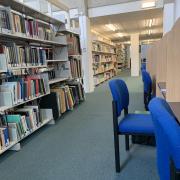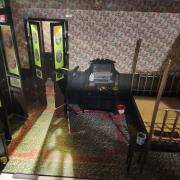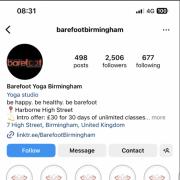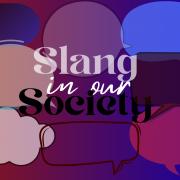
As someone who studied at Cambridge, where there is a lot more literature and culture embedded in the course than at many other universities, how important do you think it is to study culture alongside language?
Everybody has a different personal opinion about this, I think it’s incredibly valuable because it gives you a depth of knowledge and appreciation of the environment in which that languages has its roots; culture writ large; so for me in my current job it’s incredibly helpful for me to have studied medieval Spanish, Golden Age Spanish and Modern Spanish, and even South American because it gives me much broader perspective of the whole culture, and people respect that because people are proud of their culture.
To which countries have your languages taken you and in what capacity?
Oh lots! We’ve lived and worked in the foreign office in France, Argentina and Spain (Spain now for the second time), but my languages have taken me to probably 60 countries, including English in one shape or form. And generally, the languages I have known have been the reason I have been chosen to do that work. And in all different capacities, for example in a government project mining copper and diamonds in South America and in Francophone Africa. Languages were really useful in all of those; they weren’t “language jobs” as it were, they were jobs in which language gave me a better understanding of where people were coming from.
Which has been your favourite town to work in and why?
Different ones at different times of life, I think. I loved working in Salamanca, in Spain [where he met his future wife, teaching Spanish in an international language school]. I loved working in Anchorage in Alaska because it’s so different, a really wonderful place. But I’ve loved all of them so it’s an impossible question.
If you could learn any language now, what would be and why?
If I were starting from scratch… Spanish, because I’m lazy and because it gives you the most countries for the least effort by far. Then I would have to think about whether Mandarin or Arabic or French were ones that would follow, for different reasons.
Which languages do you currently speak?
I speak Spanish and French fluently, Portuguese passably and German badly.
What advice would you give to someone wishing to study languages in the future?
I think advice is overrated... Be good at what you decide to do, whatever it is, make the effort to do it well and if you find that you’re not enjoying it and it’s not the right thing for you to do (and you’re sure that’s not you being lazy), then change, and change quickly: it’s pointless doing somthing that you’re not enjoying.
What do you think is the most important quality for a diplomat?
I think the most important quality is an ability to put yourself in someone else’s shoes and that’s hard. It’s really hard. Because you have to, to extend the metaphor, step outside yourself. And most of us find that really difficult most of the time because it’s not just an intellectual effort; “I need to study the culture of this person and understand them intellectually”; you have to understand where they’re coming from, in the broadest sense. And that’s hard, but it’s the most important quality. It’s also shorthand for saying the ability to see all different sides of an argument and appreciate what’s going on in a situation, because it’s your job to find your way through it. Basically, it’s a negotiation of foreign affairs rather than the negotiation for a business deal.
What is the most surprising thing that has happened to you since you became the ambassador to Spain?
When I recorded a short video and posted it on Twitter and it went viral. It was a little story about an episode that happened to me when I first arrived in Spain before I had even been to university when I was in Spain and my bicycle hadn’t shown up. I had arrived by train because I was going to do the Camino de Santiago, and someone very kindly put me up for what was going to be one night, but soon ended being 5 nights, because my bicycle still hadn’t turned up. So I recorded the video when I went back to that place with Toni, and I went back to that train station and said this is the first place I went to in Spain, this funny thing happened to me, and by the way, to the person who put me up, I would be very happy to meet up and thank you in person. And then it went viral, and millions of people saw it, and actually it had slightly sad ending because the woman in person had died a couple months earlier. But it was very surprising because you don’t expect that many people to watch a video that you make at a train station.
What is your favourite kind of tapas?
Ooh croquetas. No doubt whatsoever. Croquetas de jamón, sin duda alguna. Las que hace mi suedra. (Ham croquettes. The ones my mother in law makes.)
What was the first book you read in a foreign language?
… I don’t remember! It was probably French, because that was the first language I studied and we went to France when I was little. Probably Asterix. Almost certainly Asterix, though I certainly just looked at the pictures and only started reading it later. Probably “Astérix le Gladiateur”. High literature.
As someone who is clearly an apt linguist and has had to pick them up quickly, if you had to guess, what would you suppose these 3 words of contemporary English slang mean?
Leng - *laughs* Obviously I haven’t a clue. Let’s hang out?
Clapped – As in applauded? But it means something else, okay. I don’t know, clapped out? Toni what does clapped mean? I haven’t the faintest idea.
Whipped – Whipped?? Somebody who is very strong, but with a lisp.



























